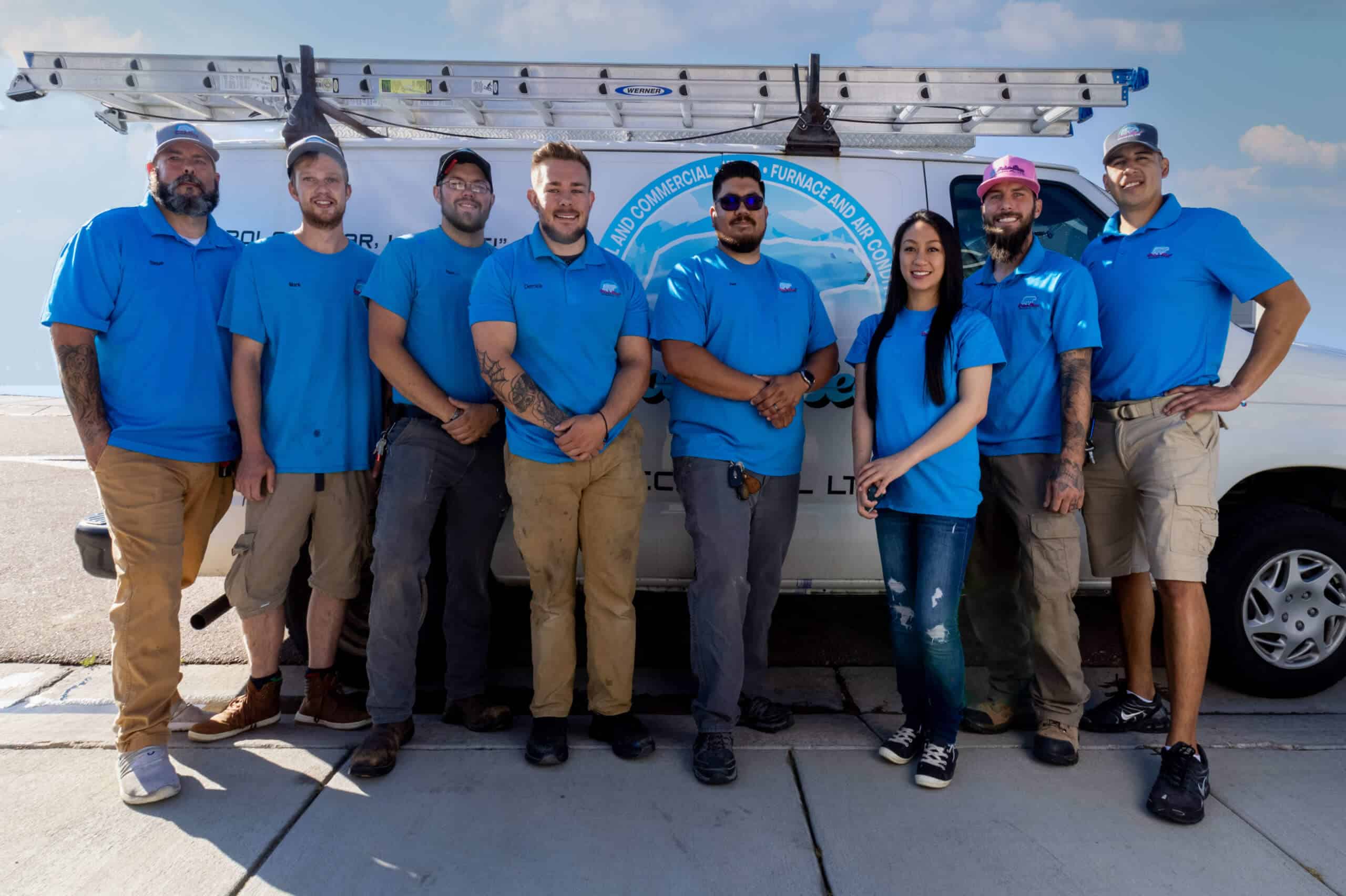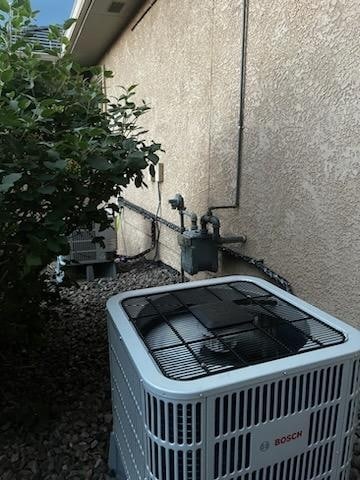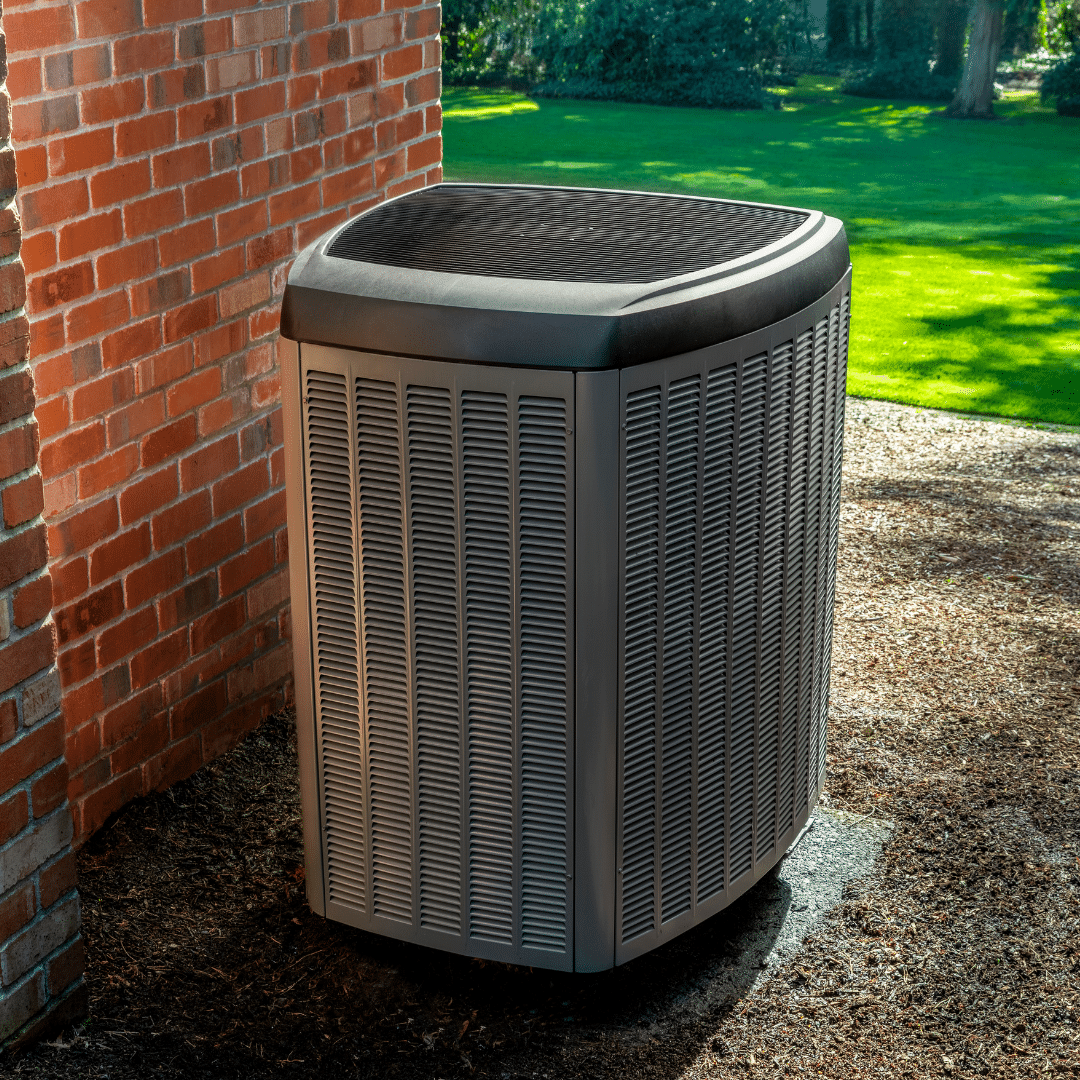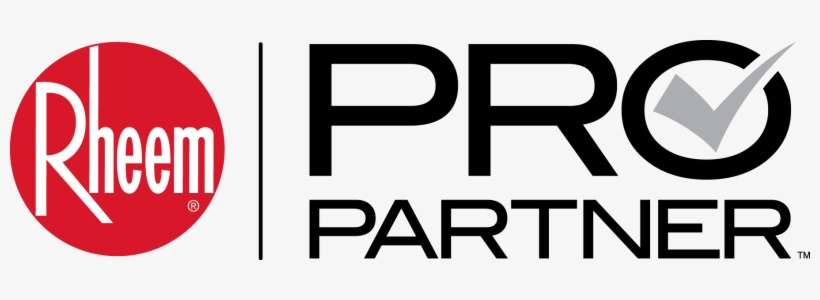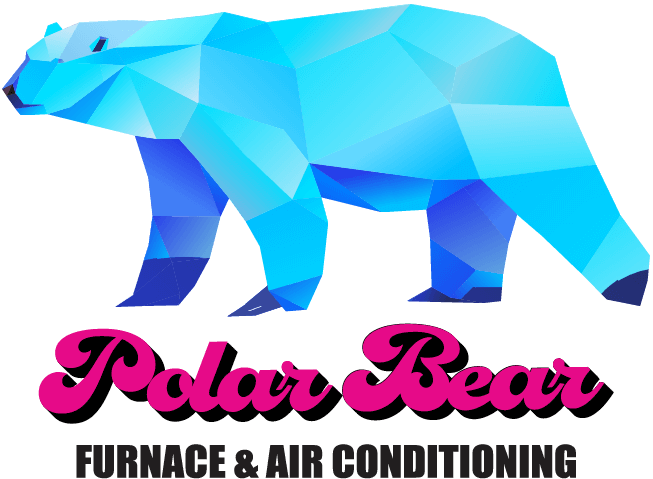Choosing the right HVAC system is a significant investment, and it’s essential to consider the lifespan of the system when making a decision. Comparing the lifespans of heat pump AC systems vs. conventional AC systems can help you make an informed decision for your home or business. The longer life expectancy plus the increased efficiency of a heat pump actually makes it the less costly option in the long run.
The lifespan of a heat pump AC system can indeed vary depending on various factors, including the specific make and model, maintenance practices, and usage patterns. While it is challenging to provide an exact lifespan range, it is generally accepted that high-quality heat pumps can last for 15-25 years or even longer with proper care.
Table of Contents
The Lifespan of a Heat Pump AC System
The lifespan of heat pump AC systems typically ranges from 15 to 25 years, depending on factors such as maintenance, usage patterns, and environmental conditions. High-quality units from reputable manufacturers like Bosch and Fujitsu tend to have longer lifespans. Regular maintenance, adherence to manufacturer guidelines, and most importantly proper installation in the proper application are crucial when it comes to the lifespan. Technological advancements, such as modulating systems, can also reduce wear and tear, increasing the system’s longevity. Consulting HVAC professionals and following proper maintenance practices are crucial for maximizing the lifespan of heat pump AC systems.
The Lifespan of Conventional AC System
Conventional AC systems typically have a lifespan of 10 to 15 years, which can vary based on factors such as maintenance, usage, and environmental conditions. Regular maintenance, including filter cleaning, coil maintenance, and testing all components for proper function, is crucial for prolonging their lifespan. Usage patterns and exposure to extreme temperatures can also impact their durability. Upgrading to higher-quality units and considering technological advancements can potentially extend the lifespan, but the most important thing is ensuring the AC is installed properly and in the proper application. Consulting with HVAC professionals, following manufacturer guidelines, and adopting proper maintenance practices are key to maximizing the lifespan of conventional AC systems.
Energy Efficiency Comparison: Heat Pump AC System vs Conventional AC
Heat pump AC systems, as the name suggests, work by transferring heat from one area to another, providing both heating and cooling capabilities. They are known for their high energy efficiency because they move heat rather than generate it. In cooling mode, heat pumps extract heat from the indoor air and release it outdoors. In heating mode, they extract heat from the outdoor air or ground and transfer it indoors. This transfer of heat requires less energy compared to generating heat from scratch, resulting in lower energy consumption and cost savings. In many cases, the heat pump AC can deliver 300% more energy than it consumes!
On the other hand, conventional AC systems are not as efficient and do not have the capability to provide heating. Conventional AC systems typically operate on an on/off cycle, which can lead to energy wastage and temperature fluctuations. Additionally, they often have lower Seasonal Energy Efficiency Ratio (SEER) ratings compared to high-end heat pumps, meaning heat pumps are also more energy-efficient in cooling mode.
Heat pump AC systems are more energy-efficient than conventional AC systems. Heat pumps transfer heat instead of generating it, resulting in lower energy consumption and cost savings. They provide both heating and cooling capabilities, have higher SEER ratings, and utilize advanced features like variable-speed compressors. However, the efficiency of air-source heat pumps may decrease in extremely cold climates. When installed properly and in the proper application, heat pumps are reliable sources of heating and some have ratings for heating down to -40 degrees Fahrenheit! Factors like climate and specific requirements should be considered when choosing between the two systems for optimal energy efficiency and cost-effectiveness.
Total Cost and Maintenance Comparison: Heat Pump AC System vs. Conventional AC
When comparing the total cost and maintenance of heat pump AC systems to conventional AC systems, several factors should be considered. Heat pumps generally have higher upfront costs due to additional components, installation requirements, and their ability to provide both heating and cooling. However, they offer long-term savings through lower operating costs. Heat pumps are highly energy-efficient, as they transfer heat instead of generating it, resulting in reduced energy consumption and lower utility bills over the unit’s lifespan. This energy efficiency can lead to significant cost savings, particularly for anyone who has high heating costs. Polar Bear has seen people with Propane fired heating equipment save the most money. In fact, they have clients that have been able to put money back in their pockets with monthly savings while including the monthly cost of the new system and installation! They have also seen significant savings with people who have electric baseboard heaters and electric furnaces. People who already have solar panels on their homes can also save a ton of money with a new high-efficiency heat pump.
Maintenance costs for heat pumps and conventional AC systems are relatively similar, with routine tasks such as filter cleaning or replacement, coil maintenance, and inspections being necessary for both. While heat pumps may require slightly more maintenance due to their additional components, proper maintenance can extend the lifespan of the unit and minimize the risk of major repairs. It is important to work with an HVAC professional that specializes in heat pumps.
In terms of lifespan, heat pumps typically outlast conventional AC systems. Heat pumps can last 15-25 years or more with proper maintenance, while conventional AC systems generally have a lifespan of 10-15 years. This longer lifespan can delay the need for replacement and result in additional cost savings over time.
To accurately assess the total cost and maintenance, it’s important to consider the specific factors relevant to your situation, such as climate, energy prices, and usage patterns. Consulting with HVAC professionals can provide valuable insights into upfront costs, energy efficiency ratings, and expected operating costs based on your specific requirements. They can also guide you in selecting the right system and provide maintenance recommendations to ensure optimal performance and longevity.
Choosing the Right HVAC System
Choosing the right HVAC system for your home or commercial space is a crucial decision that can impact your comfort, energy efficiency, and overall satisfaction. Here are some key factors to consider when making this choice:
- Heating and Cooling Needs: Assess your heating and cooling requirements based on factors like the size of the space, climate conditions, and usage patterns. An HVAC professional can do a Manual J load calculation to determine what size Air Conditioner and Heat Pump your home requires.
- Energy Efficiency: Look for HVAC systems with high energy efficiency ratings, such as a high SEER (Seasonal Energy Efficiency Ratio) for cooling and a high HSPF (Heating Seasonal Performance Factor) for heating. Energy-efficient systems can significantly reduce your energy consumption and utility bills over time.
- System Type: There are different types of HVAC systems available, including central air conditioning, heat pumps, ductless mini-split systems, and hybrid systems. Consider the pros and cons of each type based on your specific needs, budget, and space requirements.
- Professional Guidance: Consult with HVAC professionals who can assess your space, provide recommendations, and perform load calculations to determine the right system size for optimal performance and efficiency. Their expertise will ensure that the system is properly installed and meets all necessary requirements.
- Budget: Determine your budget for both the initial installation and long-term operating costs. While energy-efficient systems may have a higher upfront cost, they can lead to significant savings over time through reduced energy consumption.
- Maintenance and Service: Consider the maintenance requirements of the HVAC system you choose. Regular maintenance is essential for optimal performance and longevity. Ensure that you have access to reliable HVAC service providers who can perform routine maintenance and address any repairs or issues that may arise.
- Warranty and Support: Review the warranty coverage and support provided by the manufacturer. A comprehensive warranty can give you peace of mind and protect you against unexpected expenses.
- Indoor Air Quality: If indoor air quality is a priority, consider HVAC systems that offer advanced air filtration, humidity control, and ventilation options to ensure a healthy and comfortable indoor environment.
- Rebates and tax credits: Taking advantage of rebates and tax credits can significantly reduce the overall cost of your HVAC system and improve energy efficiency. A knowledgeable HVAC contractor can help identify federal tax credits and utility rebates you qualify for and give guidance on how to take advantage of those opportunities..
- Comfort and reliability: Look for systems that offer precise temperature control, quiet operation, and a proven track record of reliability. Consider well-known brands like Bosch, Rheem, and Fujitsu with positive customer reviews and comprehensive warranty coverage. Professional installation by HVAC experts who are trusted by the manufacturer helps ensure optimal performance. Use resources like:
- Regular maintenance is essential to maintain comfort and reliability, so schedule inspections and tune-ups to keep the system in top condition.
By considering these factors and seeking professional guidance, you can make an informed decision when choosing the right HVAC system for your specific needs. Remember that investing in an efficient and properly sized system will not only enhance your comfort but also save you money in the long run.
How can I determine if a Heat Pump AC System or a Conventional AC System is right for me?
When choosing between a heat pump AC system and a conventional AC system, find a professional that will take the time to consider your specific needs and budget as well as all the potential savings and rebates or tax credits that you may qualify for. Heat pump AC systems have a longer lifespan, are more energy-efficient, and require less maintenance than conventional AC systems. However, they are generally more expensive to install but have significant tax credits and rebates that you may be eligible for… If you prioritize energy efficiency and long-term savings, a heat pump AC system may be the right choice for you. If the total price is most important then a Heat Pump AC is the best option. If upfront costs are what’s most important, a conventional AC system may be a better option.
To make an informed decision and choose the HVAC system that is right for you, find the right HVAC contractor that will discuss your options, and determine which system best fits your needs and budget. Schedule a consultation with an HVAC expert who will take the time to help you. At Polar Bear, we care.


